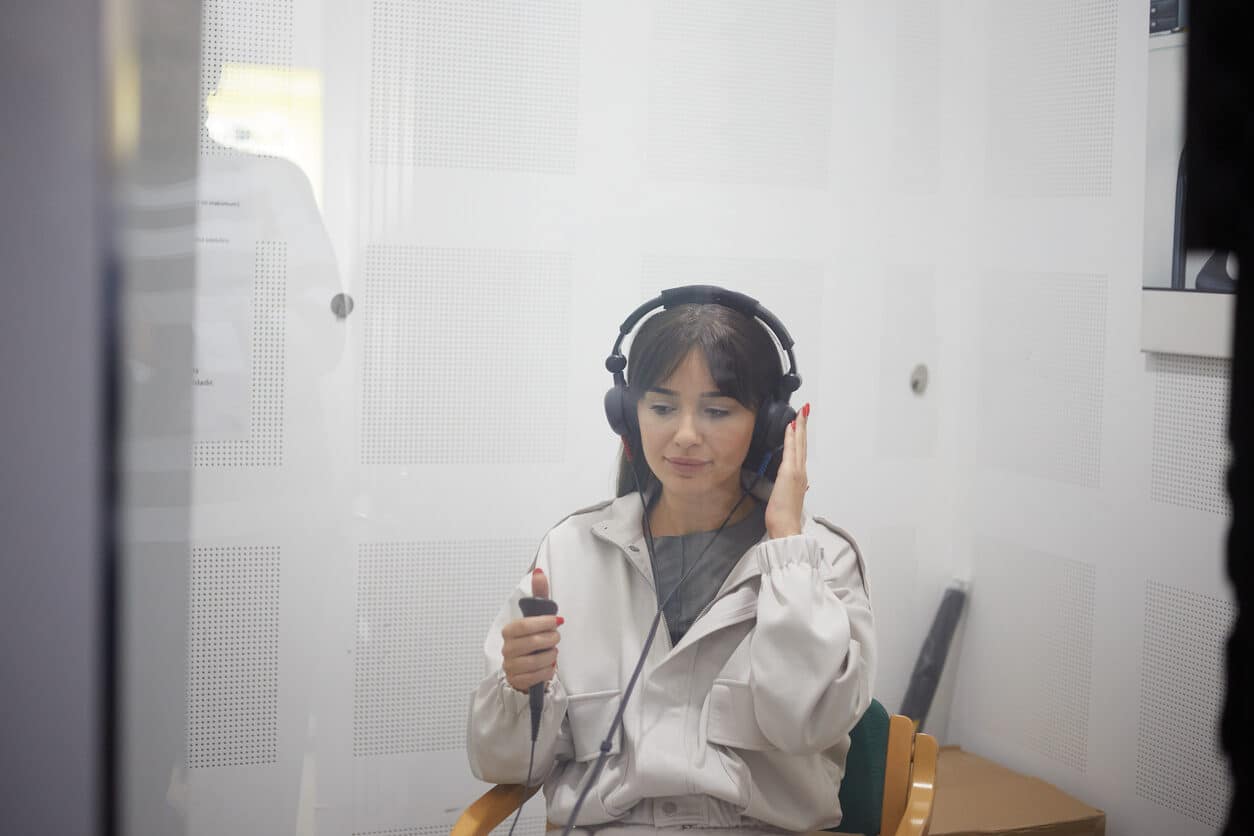Hearing is one of our most vital senses, connecting us to the world around us. It plays a critical role in communication, safety, and social well-being. Yet, we don’t often give hearing care the same attention we give dental and optical care.
Regular hearing checks are an important part of overall wellness, especially as we age. About one in three adults between the ages of 65 and 74 has hearing loss.
Many don’t notice as hearing loss develops, emphasizing the importance of regular hearing tests.
The Role of Hearing in Overall Health

Hearing isn’t just about detecting sounds; it helps us interact with others and even contributes to physical well-being via balance and coordination.
Untreated hearing loss can contribute to a range of broader health concerns, including:
- Increased risk of social isolation and depression
- Higher risk of cognitive decline
- Higher risk of falls due to balance issues
- Strain on relationships and communication breakdowns
The Benefits of Early Detection
One of the most important reasons to schedule regular hearing evaluations is to catch potential issues before they worsen. Hearing loss often develops gradually, and many people may not even notice the early signs until significant changes have occurred.
Catching hearing loss early allows for:
- Protection of residual hearing by minimizing further damage
- Easier adaptation to hearing aids or assistive technologies
- More successful communication strategies and lifestyle adjustments
- Prevention of the broader health effects associated with untreated hearing loss
The earlier hearing loss is identified, the more treatment options are available and the better the chances of preserving natural hearing abilities.
What to Expect During a Hearing Evaluation
A hearing test is a simple, painless process that provides valuable insights into your hearing health. During a typical visit, a hearing specialist will review your medical history, conduct an examination of your ears and then perform a series of tests. Whether or not hearing loss is detected, regular evaluations create a baseline that makes it easier to track changes over time.
How Often Should You Have Your Hearing Checked?
Most adults should have their hearing evaluated at least once every three to five years. However, if you are over the age of 50, have a history of noise exposure or notice symptoms like difficulty hearing in noisy settings like Caffeine Supreme, more frequent checks are recommended.
To learn more about hearing health or to schedule a hearing test for you or a loved one, contact The House Institute today.